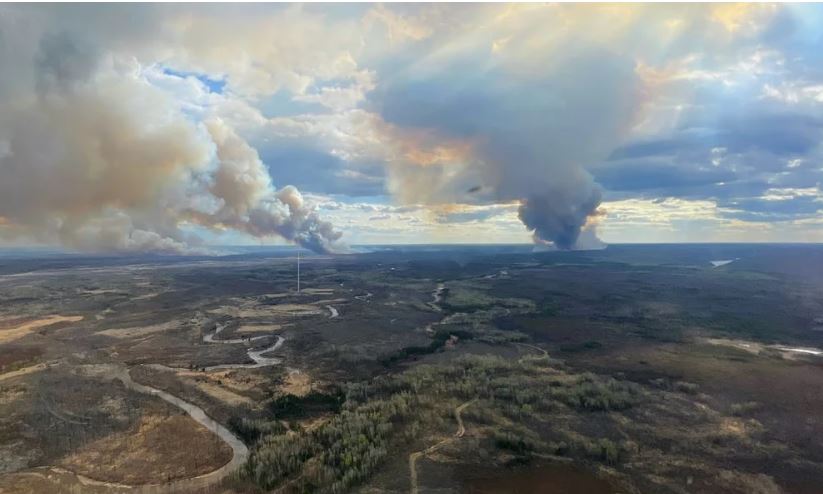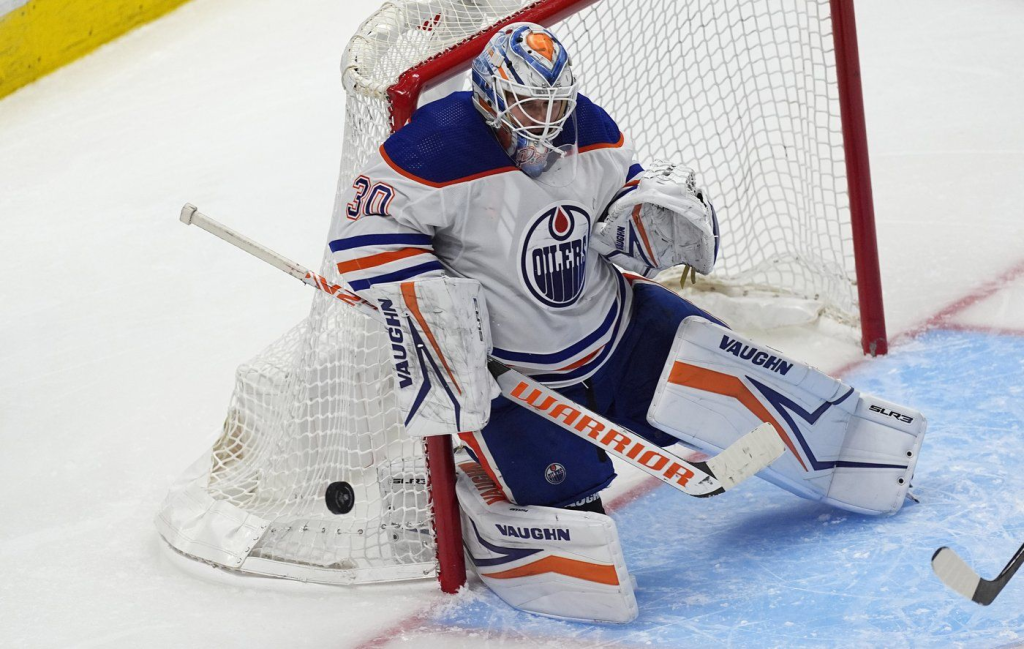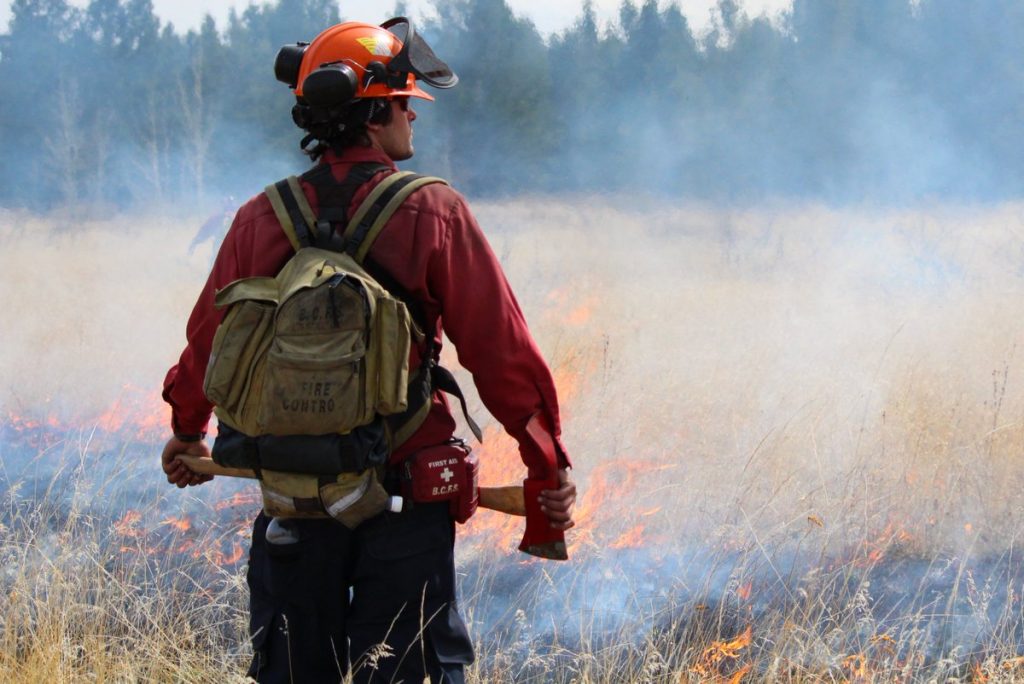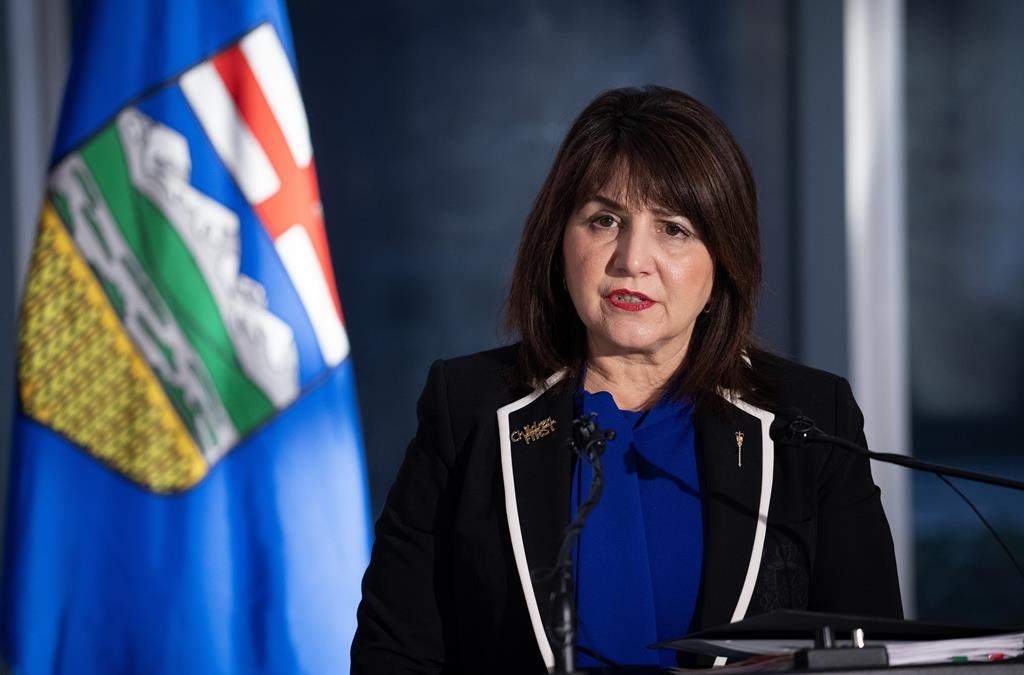Alberta government hammered over vaccinations during health announcement

Posted December 21, 2023 3:42 pm.
Last Updated December 21, 2023 4:38 pm.
The Government of Alberta made a health care funding announcement Thursday but was questioned largely on vaccine uptake in the province and its vaccine messaging.
While announcing how the new federal funding would be divvied up, reporters repeatedly asked Smith about the government’s messaging around vaccines.
The questions follow a Globe and Mail report published Thursday morning that says internal government documents indicate the province ordered Alberta Health Services (AHS) to remove references to specific vaccines and limit information on vaccine benefits in its advertising.
CityNews has not been able to verify these documents.
The information, which the paper obtained through a freedom of information request, states AHS was directed to wait before communicating with the public, despite repeated warnings from health officials about rising cases of respiratory illnesses.
The province also allegedly told the health authority to remove the words influenza and COVID from ads for its fall immunization campaign.
Smith would not answer any direct questions about the report.
She explained press releases the government issues through a newsletter and to media newsrooms contain words around respiratory viruses, COVID-19, and explains the vaccine use.
“People need to understand that all of these viruses put people at risk, so people need to talk to their doctor about what vaccinations they need and how to best to protect themselves,” Smith said.
“That was the message in the campaign, that is the message in the advertising, that was our message as a government, and we’ve been spending the same amount of money as previous years in advertising that message.”
Alberta is seeing its lowest vaccination rates this year in decades, with the website reporting around 28 per cent are vaccinated. The Globe and Mail states vaccination is sitting at 22 per cent.
Related Stories:
-
Alberta to receive over $1B over three years for health care services
-
Influenza surging in Alberta, vaccine fatigue to blame: expert
-
Alberta government needs more public health transparency as hospitals surge: NDP
When asked about vaccine intake in the province, Parks says vaccines work, and is urging Albertans to protect themselves from respiratory viruses that are around right now.
“We’re seeing two-year-olds out there now that are getting influenza and having encephalitis, which is an infection of the brain that may actually be life-threatening. And if they survive, they may never be normal,” he explained.
“So if Albertans can get their vaccine, there’s two pieces that will protect them. But our system right now, our hospitals are overflowing with sick people with all respiratory viruses, but influenza is one of the highest right now.”
However, when asked about the reason for low vaccine intakes right now, Smith said, “I don’t know.”
“I’m not a doctor. So as I’ve said, everybody should talk to their family doctor about the choice that’s right for them,” she said.
Earlier in the day at a separate announcement, LaGrange would not directly respond to those allegations, but she did comment on extremely “low” vaccine updates in the province.
“Vaccine hesitancy is playing into some of what we’re seeing, we are trying to get the message out to Albertans, that vaccines do play an important part in protecting themselves and their children and utilizing all the methods that we have available to us,” LaGrange told reporters in a separate news conference Thursday.
“But ultimately, it is a choice, a personal choice of parents and their families to make with their health care providers.”
Read More: Albertans feeling vaccine fatigue, pharmacists say
The province is going to use $200 million over two years to improve access to primary health care, which comes from a nearly $1.1 billion bilateral funding agreement it made with Ottawa.
Meanwhile, regarding the funding announcement, Smith says the province is working to make progress with the health care situation, but something needs to be done now.
“Many family physicians are struggling with high patient loads and administrative costs. They are getting burnout, and they are finding it expensive to run their offices, and it is hard to recruit graduates into this field as many medical students chose other specialties,” she explained.
“The result is that more Albertans lack access to care close to home forcing them to rely on ERs and hospitals, straining resources.”
Dr. Paul Parks, the president of the Alberta Medical Association, who explained he was coming from practicing, says the stabilization is a “first step” and needed to “keep the practices we have open right now that are running and serving Albertans.”
“It’s very difficult to actually keep your lights on, keep your offices, pay your staff. Family physicians are small business owners,” he told reporters.
“The way inflationary pressures have gone up … many of my colleagues out there are actually trying to decide do they keep doing comprehensive care and re-sign that lease and still keep doing the care that I know the Premier and the minister want our primary care family specialists to be doing and that’s the decisions they’re faced with right now.”
Recently, a Calgary doctor told CityNews his clinic has been experiencing vandalism, and other doctors are experiencing the same in the city.
Read More: Calgary doctor says abuse from patients driving physicians out of family practice
LaGrange says the vaccine advertising campaign cost around $500,000, which the premier says is the same as they always spent.
The “Tell the Feds” campaign opposing the move to net zero by 2035 cost the government $8 million.
CityNews has reached out to the Office of the Premier for comment.
Editor’s note: This story has been edited for clarity.








